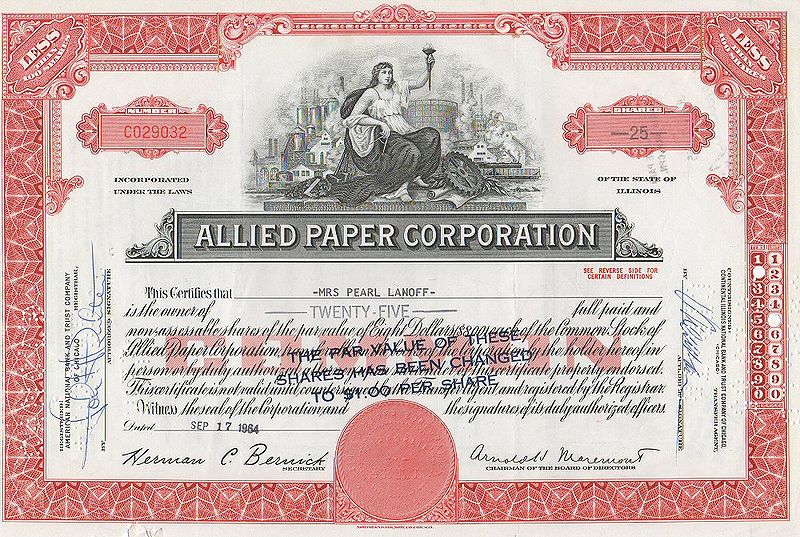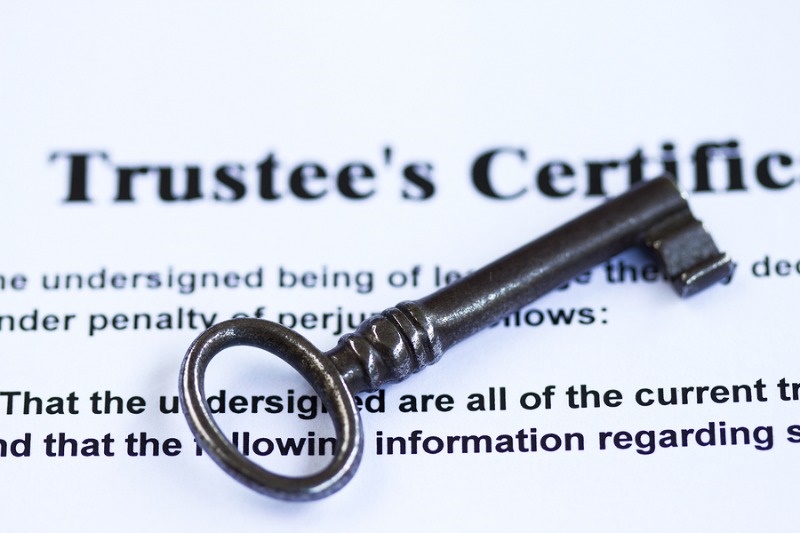In North Carolina, as in all states, a shareholder or owner of a business is generally not personally liable for the debts of the business. Additionally, Business A is generally not liable for the debts of Business B, even if the two businesses are associated entities. However, a recent North Carolina Court of Appeals decision illustrates that these limits on extended liability for corporate debts are themselves limited by the concept of piercing the corporate veil.
The Court of Appeals Decision
In General Fidelity Insurance Company v. WFT, Inc., et al., General Fidelity Insurance Company (“General Fidelity”) contracted with WFT, Inc. (“WFT”), for whom co-defendant Peter J. Willis Fleming (“Fleming”) was the sole owner, president, and registered agent. When a dispute arose between General Fidelity and WFT, General Fidelity won an award at arbitration, which was entered as a judgment in a Texas court, where the arbitration took place. However, WFT dissolved prior to paying the judgment, and General Fidelity filed suit in North Carolina to enforce the judgment against Fleming, personally, as well as Blessmatch Marine Insurance Services, Inc. (“Blessmatch”) and Alpha Marine Underwriters, Inc. (“Alpha”).
The North Carolina complaint alleged Blessmatch and Alpha were mere alter egos of WFT created solely for the purpose of evading liability for the judgment awarded in Texas. General Fidelity sought to pierce the corporate veil so that Blessmatch, Alpha, and Fleming could be held liable for WFT’s debts. The trial court ruled in favor of General Fidelity on this issue, finding that Blessmatch, Alpha, and Fleming were jointly and severally liable for WFT’s obligation to pay the Texas judgment. All defendants promptly appealed, but the Court of Appeals affirmed the trial court’s ruling.
The Elements of the “Instrumentality Rule”
North Carolina courts are reluctant to disregard the corporate form and find a related person or entity liable for the corporation’s debts. However, that reluctance can be overcome when enforcing the corporate form could accomplish a fraudulent purpose, constitute constructive fraud, or defeat a strong claim in equity. To pierce the corporate veil, North Carolina courts apply the “instrumentality rule” – a determination that one corporation exercises actual control over a separate corporation, such that the latter is operated as a mere instrumentality of the former. If a claim satisfies the instrumentality rule, the parent corporation (i.e., the corporation exercising control) can be found liable for the torts of the subsidiary corporation (i.e., the corporation being controlled by the parent).
To allege a prima facie case of instrumentality, a plaintiff must establish:
- Control by the parent over the subsidiary, in the form of ownership of stock and domination of finances, policy, and business practices, such that the subsidiary had no separate mind, will, or existence of its own with regard to the transaction giving rise to the claim;
- The control exercised by the parent was used to commit a fraud or other wrong, to violate a statutory or other legal duty, or to commit a dishonest or unjust act that contravenes the plaintiff’s rights, and;
- The control and resulting breach of duty proximately caused the injury to the plaintiff.
Factors to Consider
To determine whether the elements of instrumentality are present, courts will consider the following factors:
- Inadequate capitalization;
- Lack of compliance with corporate formalities;
- Complete domination and control of the subsidiary such that it has no identity independent of the parent, and;
- Excessive fragmentation.
Additionally, a court could conclude the second and third elements of the instrumentality test, above, are satisfied if the plaintiff establishes constructive fraud or a fraudulent transfer occurred (in the General Fidelity case, the trial court concluded a fraudulent transfer occurred when Fleming instructed WFT to transfer all of its business and assets to Blessmatch after the Texas judgment was entered against WFT).
Further, Fleming’s testimony at trial strengthened General Fidelity’s argument. Fleming testified that WFT, Blessmatch, and Alpha are all one and the same business, and the decision to form Blessmatch was merely a decision to change WFT’s corporate name.
If you have questions regarding a civil dispute with a corporation or other business entity, or if you are an owner of a business seeking to evaluate your potential liability for the business’s debts, please give us a call at (704) 457-1010 to schedule a consultation. For more information regarding our firm, attorneys, and practice areas, please visit https://lindleylawoffice.com/.





